Within Godzilla Minus One‘s postwar story sits a core theme about patriotism with a relevancy extending well beyond it’s time period and setting.
[SPOILERS for Godzilla Minus One Follow Below]
The heart of what makes Godzilla Minus One so memorable is the human drama at play within the story. In doing so, the film manages to touch on a number of important themes along the way, using Godzilla as a crucible that brings them all to a head. Kōichi Shikishima’s story specifically is an examination of the PTSD many soldiers shared following the end of the war, while the focus on rebuilding and finding new life makes the overall story one of hope.
Nestled within those larger themes, however, are these ideas about patriotism and what it means for a community. The way it’s presented may be entirely incidental, rather than purposeful; nonetheless, it’s something I haven’t stopped thinking about since the credits rolled. Despite being set in the past, and in another country, how these thematic elements play out manage to transcend the cultural boundaries and feel all too relevant to our modern day.
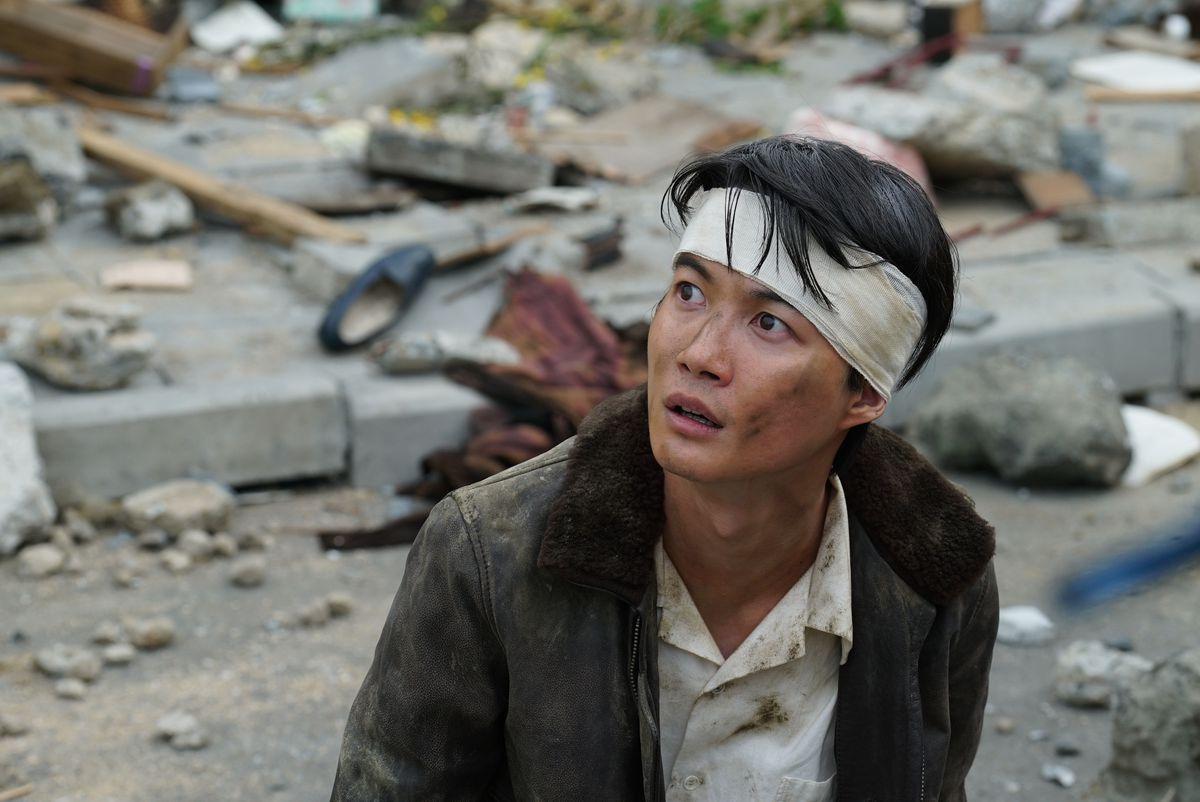
Patriotism can be a tough thing to talk about these days. For decades it’s been a word slung about to make people feel like they aren’t caring enough about their “home” and the people within it. A tool for those in power to push a sort of cultural peer pressure onto the masses in order to gain compliance. A shield for those who see any criticism of the established order as an attack.
For many, it’s hard to feel that sense of pride/loyalty to a country which so often feels at odds with your own needs and ideals. It’s especially tough for numerous minority groups to feel pride in a country that seems hellbent on erasing you; or hating you for merely existing.
Being a “patriot” isn’t the be all, end all feeling connected to your community. On all levels—from your immediate neighborhood, to your city, and general country—it’s possible to feel a deep desire to build something worthwhile. Sometimes that may entail going against the grain, or breaking with longstanding norms.
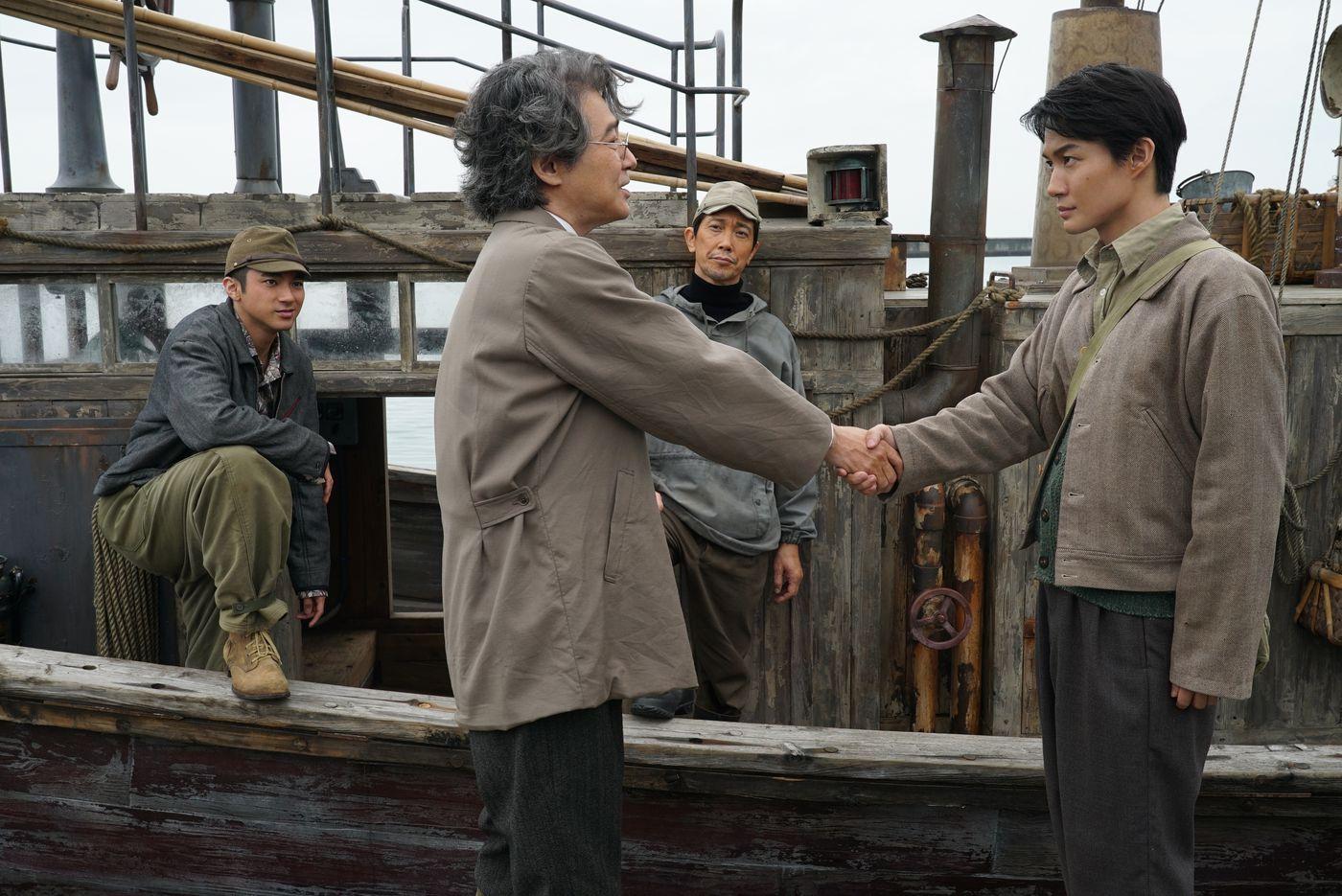
Minus One takes on this idea in a very literal/straightforward sense thanks to the use of the postwar setting. The survivors of the war are understandably disgruntled with the Japanese government and their handling of things during the war. During one scene in particular, Kenji Noda recounts the various ways in which their own government failed them during the war. From carelessly starving out troops, failing to provide adequate protection, and the entire concept of the kamikaze program. Even in this particular moment, the Japanese government has left these people to fend for themselves against the terrible force of nature that is Godzilla.
Not only did the government treat their own people as expendable, they made the concept of dying during the war seem like the most honorable thing one could do. A type of patriotic propaganda that plays into their cultural sense of honor. While not everyone feels that way, the stigma is a tough one to shake.
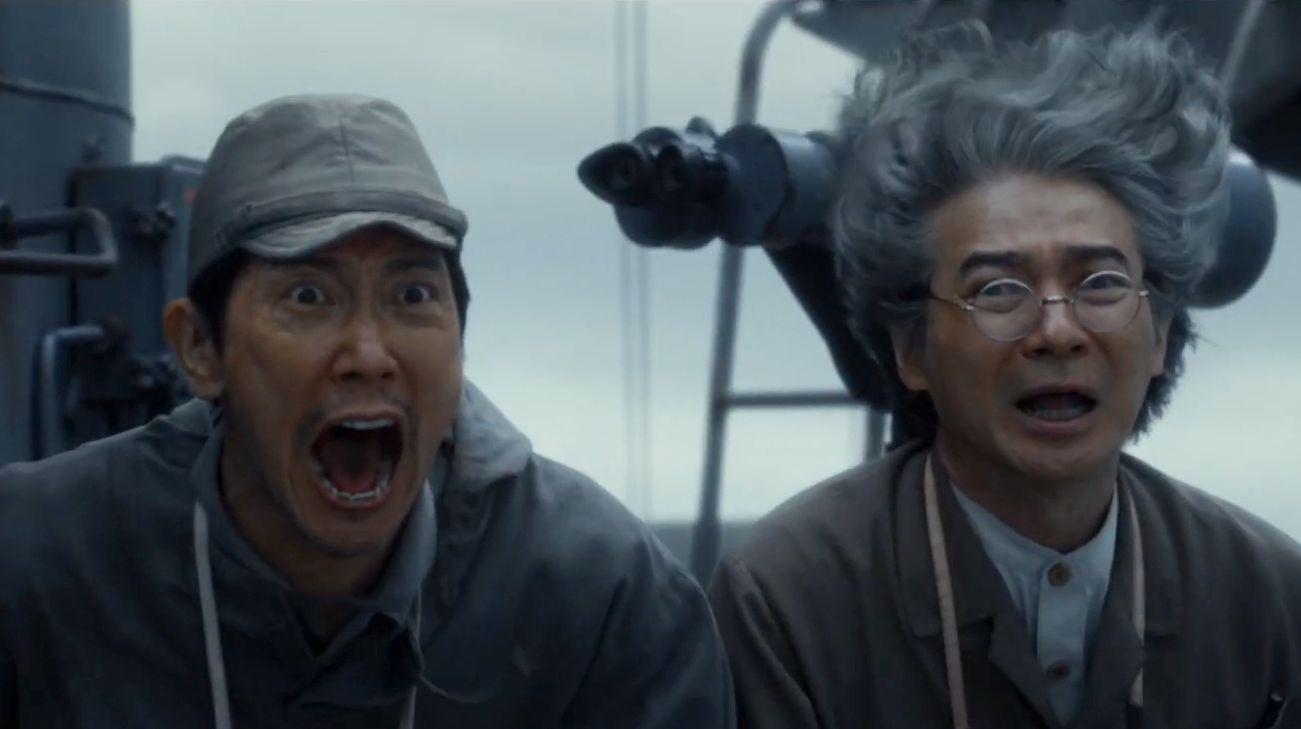
As such, the scene throws differences between the government’s war mentality and the community driven effort to stop Godzilla into sharp relief. In this way, the entire plan to confront Godzilla serves as a strong refutation of those previous notions of serving one’s country honorably.
This moment with Noda is shortly followed by one of my favorite character beats. An eager Shirō Mizushima sees the fight against Godzilla as an exciting chance to gain the honor he missed out on by not being part of the war effort. Noda and Captain Yōji Akitsu quickly shut him down, refusing to allow him on board the ships to take part in the mission.
Distraught, Mizushima struggles to understand and begs to be included. In turning a deaf ear to his pleas, however, the weary veterans aren’t merely trying to protect the youngster from harm. They understand the next generation must embrace the idea that living for your country, to make it better, is far more important than dying for it.
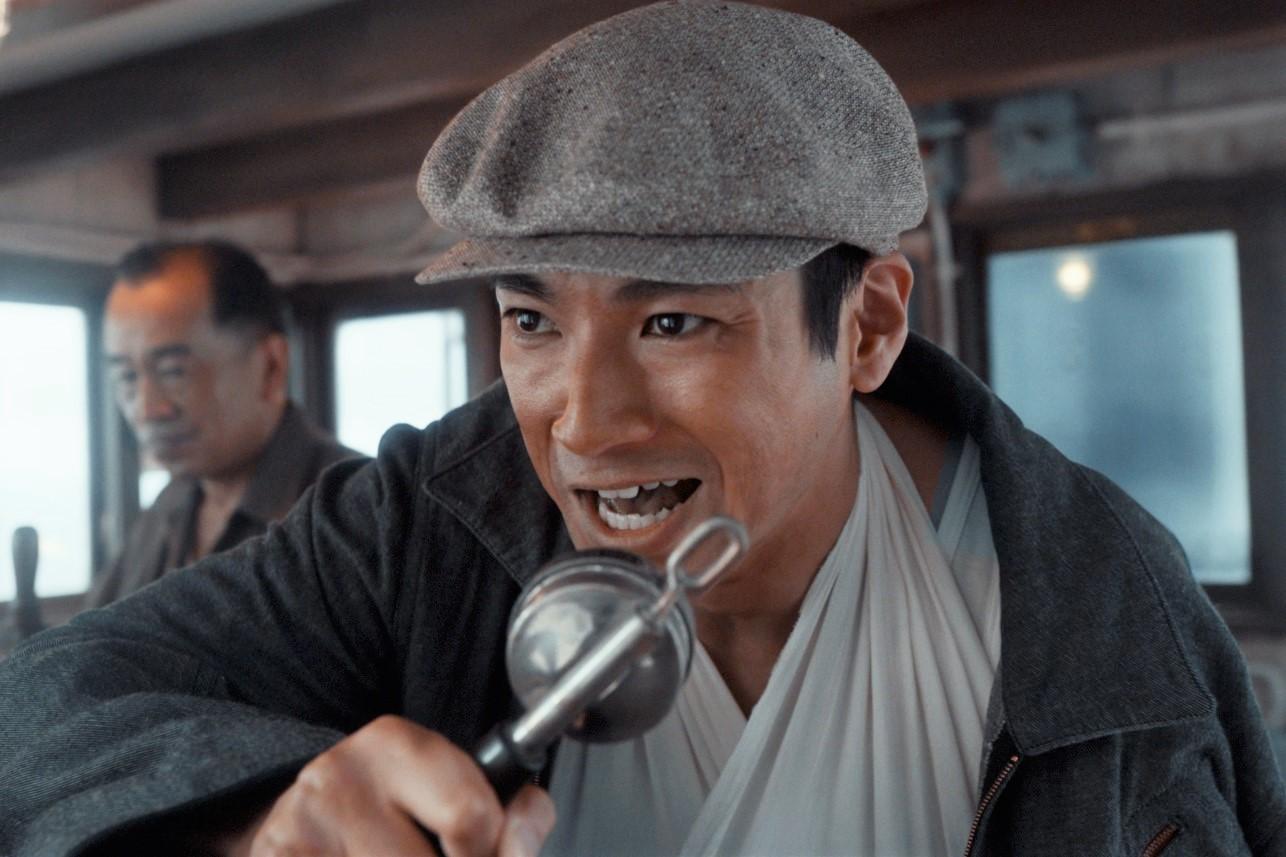
On a more direct/personal level for the audiences, Minus One goes to great lengths to show how Shikishima struggles more with the fact he’s not dead than any other aspect of the war. This shame, going far beyond typical survivor’s guilt, haunts him. It pervades his dreams and prevents him from even daring to dream of living a normal life. Even to the point where Shikishima views Godzilla’s re-emergence as a punishment for his failings.
Because of this, he feels a need to “right” his wrongs from the past. Sacrificing himself to not only end Godzilla’s threat, but lay his ghosts to rest. Yet this mindset only enforces the flawed perspective that ultimately led to the country’s ravaging. A notion, if continued, that would lead to more war and devastation for its people.
Confronted with a government that doesn’t value individual lives and even encourages the idea of sacrifice as a normal way to serve your country, living is the ultimate act of rebellion. Not just living for oneself, but for the others within your community. I don’t mean in the obligatory sense (e.g. kids and people who rely on you) but living with the purpose to build a better future for everyone.
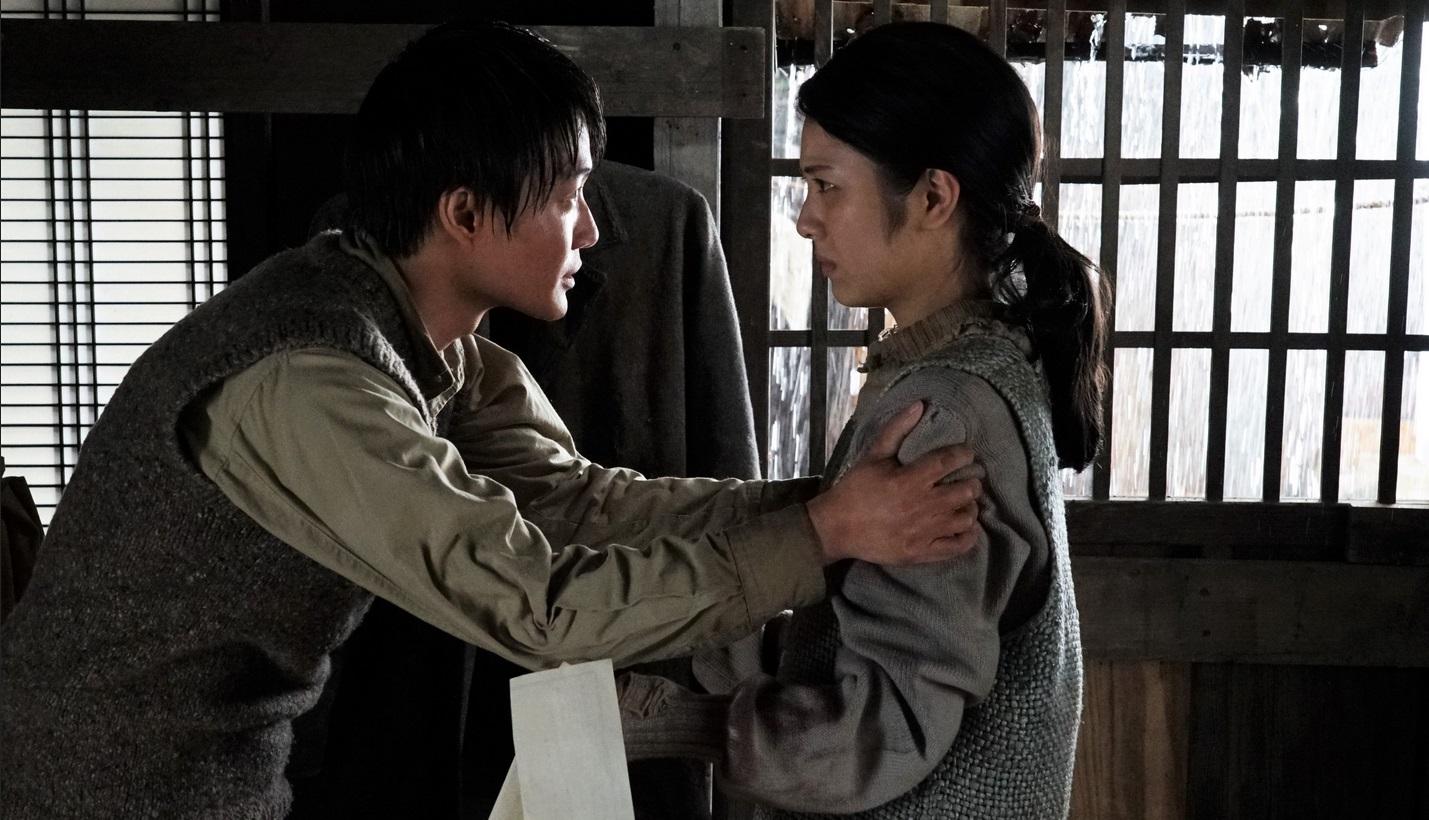
In this way, Sōsaku Tachibana’s final act (showing Shikishima the ejection mechanism and encouraging him to abandon his suicidal plans) isn’t about forgiveness. Nor is it even about atonement on Shikishima’s part. It’s a giant middle-finger to the system that originally made them think a “noble death” was necessary. An acknowledgement that the old ways must change in order for the future to be better.
It’s such a powerful theme, and one I know I needed a reminder about. Knowing you can love the people around you, your community (and beyond) and want to make things better without being tied down to the concept of putting your “country” first. It’s a subtle, but crucial, difference that’s easy to lose sight of in today’s climate. As the world seems overwhelmed with strife, atrocity, and prejudice it’s more important than ever to expand our views on what coming together as a society really entails.
Breaking with our established ideas of what it means to care about one’s country/community is a difficult thing. Godzilla Minus One expertly showcases why it’s necessary, however, if we want the future to be better.

